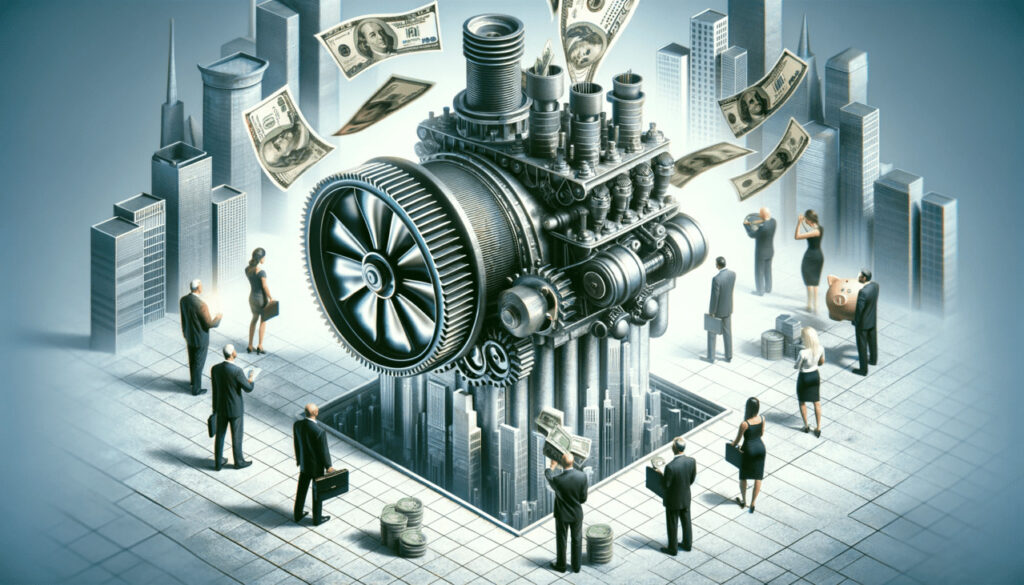
Tax Havens in 2024
02/12/2023





However, in certain contexts, tax evasion is an economic driver, while excessive credit, high taxation and increased government spending act as economic detractors.
Tax evasion allows companies and individuals to retain more of their income, which can be used for productive investments. Instead of handing over a significant portion of their profits to the government, individuals and companies can invest in projects that generate employment and foster economic growth.
This phenomenon increases liquidity in the hands of taxpayers, which can translate into higher consumption and thus stimulate aggregate demand. This can be especially relevant in times of economic recession, when private spending can compensate for the decrease in public spending.
Tax evasion can incentivize companies to seek more efficient ways of operating and to compete more aggressively. The need to maintain undeclared income can motivate companies to innovate and find creative ways to reduce their costs, which in the long run can boost the economy’s productivity and competitiveness.
Easy and excessive access to credit can lead to irresponsible borrowing by both individuals and businesses. This can create financial bubbles that, when they burst, result in devastating economic crises. Tax avoidance, by freeing up resources more immediately, can reduce reliance on credit and reduce the risks associated with excessive debt.
An overly burdensome tax system discourages investment and economic activity. High tax rates can lead to tax avoidance and tax evasion, which in turn undermines revenue collection and creates a pernicious cycle of avoidance. Reducing the tax burden can therefore incentivize investment and promote a healthier economic environment.
Another problem is rampant public spending and government indebtedness, which generally drags on for decades, holding back the economy. While public spending is essential to finance public services and social programs, an uncontrolled increase can lead to unsustainable fiscal deficits. Financing this spending through higher taxes discourages investment and economic activity, which ultimately has a disastrous effect on economic growth.
So we can say, that while tax evasion is generally viewed as illegal behavior and detrimental to society as a whole, in certain contexts it can have beneficial economic effects.
Promoting a healthy and equitable economy requires a balanced approach that seeks to address both tax evasion and the economic and fiscal factors that may encourage it. The search for effective solutions must be based on a thorough assessment of the consequences and a commitment to equity and tax fairness.